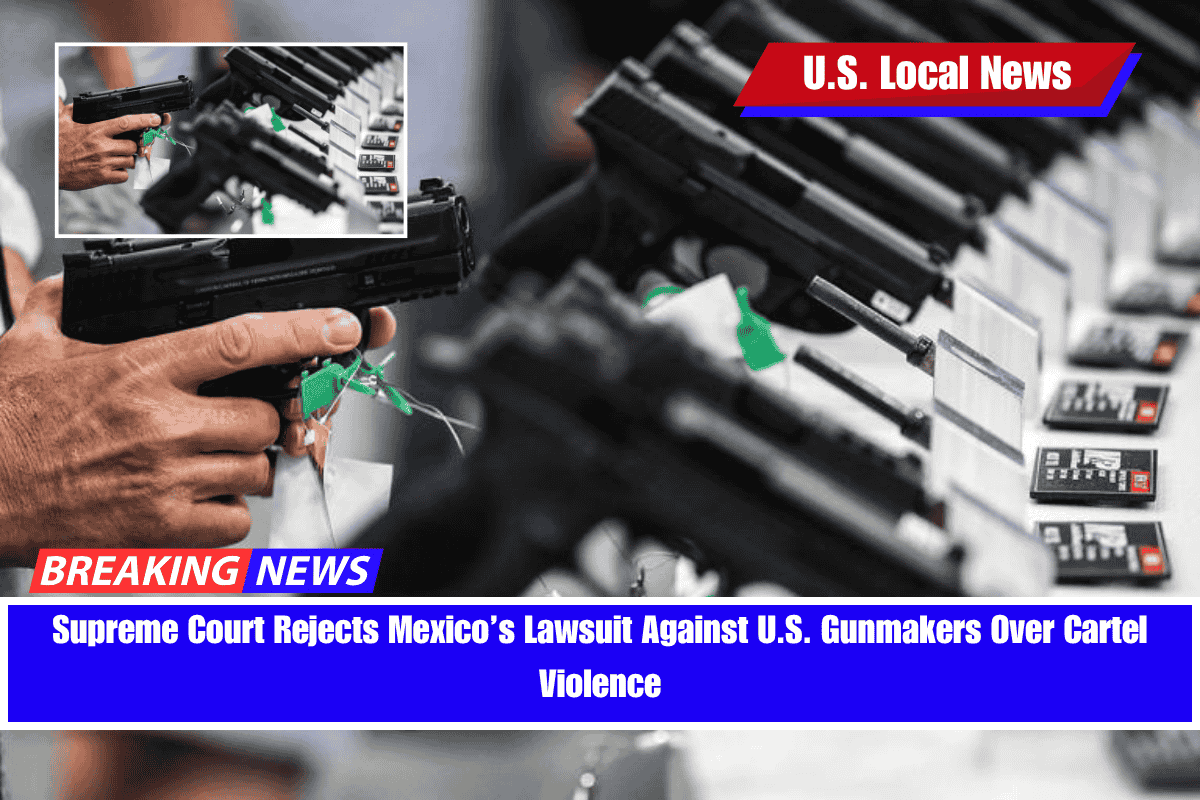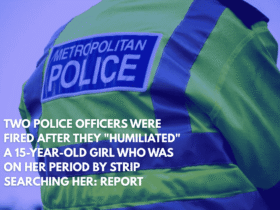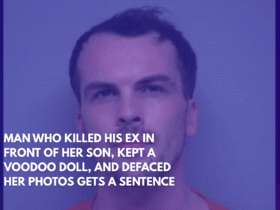On June 5, the U.S. Supreme Court delivered a unanimous ruling that rejected Mexico’s attempt to hold U.S. gun manufacturers liable for the violence and crimes committed by Mexican drug cartels using American-made weapons. This decision marks a significant moment in the ongoing debate over gun industry accountability and the flow of illegal firearms into Mexico.
Background of the Case
The case involved Mexico’s lawsuit against several prominent firearms makers, including Smith & Wesson Brands, alleging that these companies were indirectly responsible for the trafficking of high-powered firearms into Mexico, which are then used by drug cartels.
Mexico sought $10 billion in damages, claiming that gunmakers were “aiding and abetting” the trafficking of firearms through negligent marketing, distribution, and sales practices.
The Protection of Lawful Commerce in Arms Act (PLCAA), a federal law passed in 2005, shields gun manufacturers from liability for crimes committed with their products. Mexico’s legal team argued that the PLCAA exception applied, which allows lawsuits if a manufacturer is accused of knowingly violating a state or federal law.
Supreme Court’s Ruling
In delivering the opinion, Justice Elena Kagan stated that the PLCAA protections for gun manufacturers would apply in this case, noting that Mexico’s lawsuit was based on the actions of third parties—specifically, the illegal use of firearms by criminals. The Court found that Mexico’s case closely resembled the type of lawsuits Congress intended to prevent when it passed the PLCAA.
“An action cannot be brought against a manufacturer if, like Mexico’s, it is founded on a third-party’s criminal use of the company’s product,” Kagan wrote.
The Impact of the Ruling
The ruling marks the first time the Supreme Court has interpreted the PLCAA and its exceptions, strengthening protections for gun manufacturers. The decision effectively blocks Mexico’s attempt to hold the gun industry accountable for crimes committed with their products in a foreign country.
While the decision allows the gun manufacturers to avoid liability in this instance, it also does not provide blanket immunity for the industry. As Noel Francisco, the lawyer representing the gunmakers, stated, “We are gratified that the Supreme Court agreed that we are not legally responsible for criminals misusing that product to hurt people, much less smuggling it to Mexico to be used by drug cartels.”
Mexico’s Response
Despite the loss, Mexico’s legal team indicated they would explore other options. Pablo Arrocha Olabuenaga, legal adviser for Mexico’s Foreign Ministry, stated that the country would continue pursuing other legal actions, including a pending lawsuit against gun dealers in Arizona, who are allegedly involved in trafficking weapons to Mexico.
Arrocha emphasized, “We are considering all options to expand and bring more legal actions, and we are convinced we will prevail.”
Divided Reactions from Gun Rights and Gun Violence Prevention Groups
The ruling has sparked mixed reactions from different groups:
- Gun rights advocates hailed the decision, viewing it as a win for the Second Amendment and a victory for the gun industry. Adam Kraut, Executive Director of the Second Amendment Foundation, expressed relief, stating, “Thankfully, the Supreme Court saw through this thinly veiled attempt to wield the legal system as a cudgel against lawful commerce.”
- On the other hand, gun violence prevention groups expressed concern that the ruling could make it harder to hold the gun industry accountable in the future. David Pucino, legal director at GIFFORDS Law Center, acknowledged the decision but emphasized that it did not end the fight to hold gunmakers accountable for illegal activities, saying, “The justices did not give the gun industry the broad immunity it sought.”











Leave a Reply